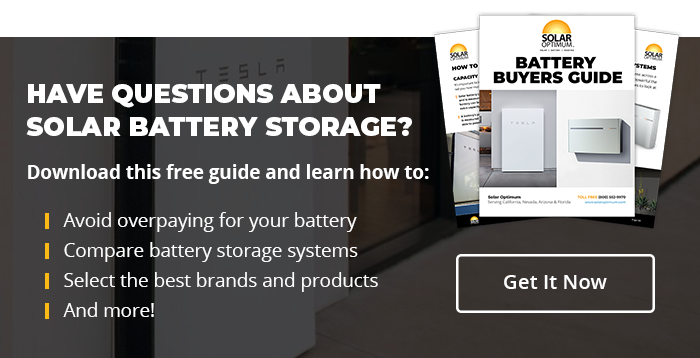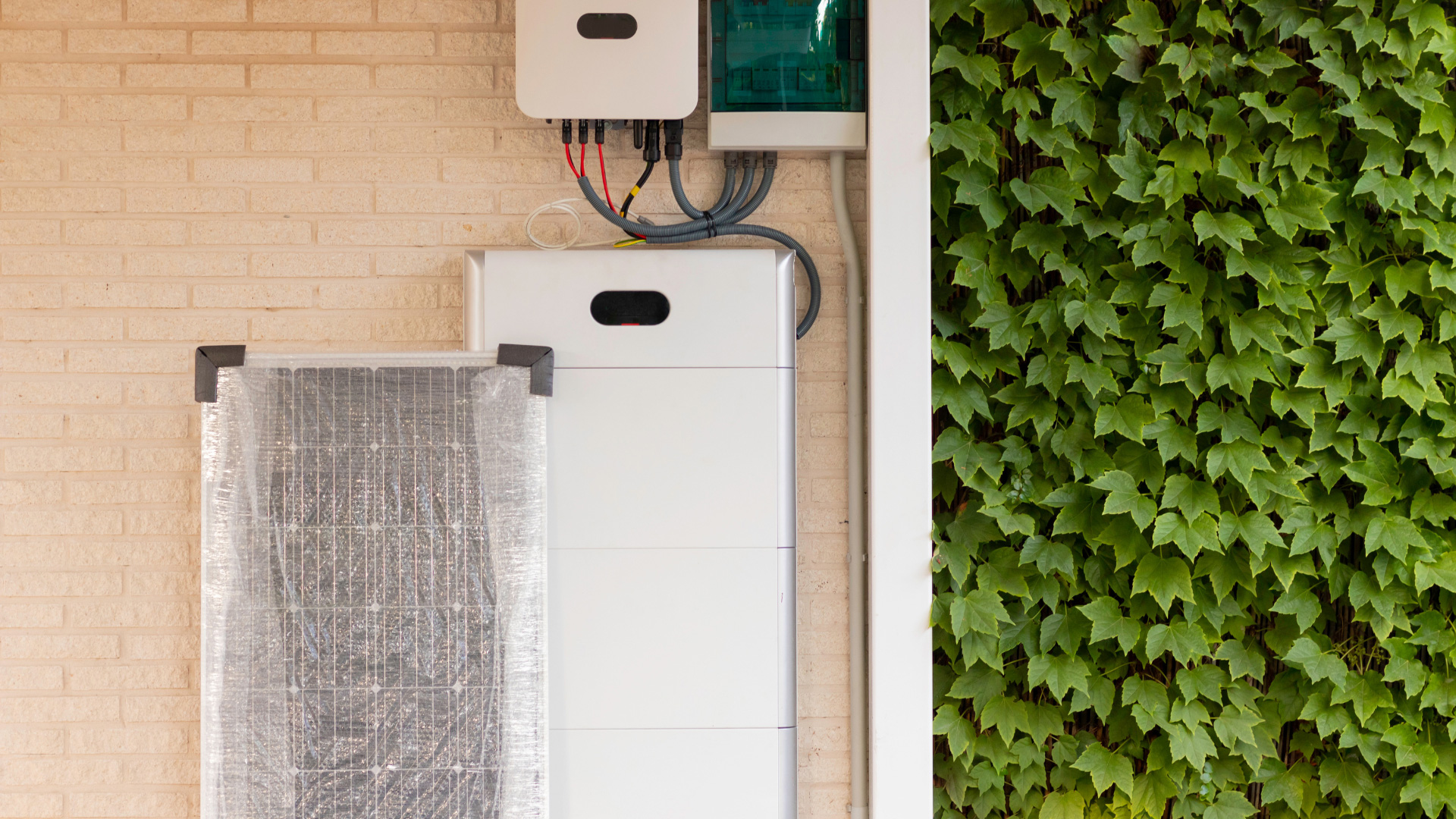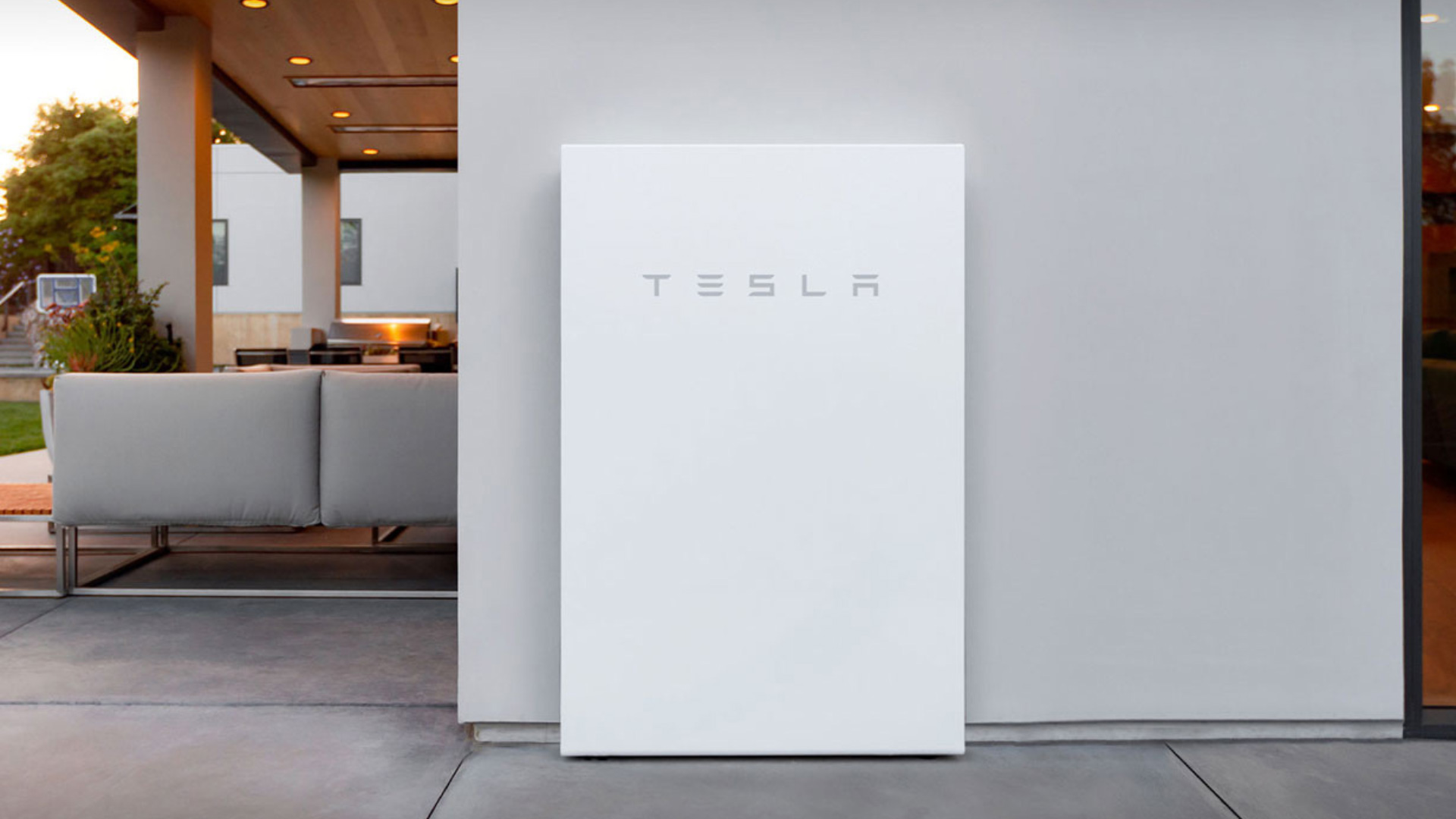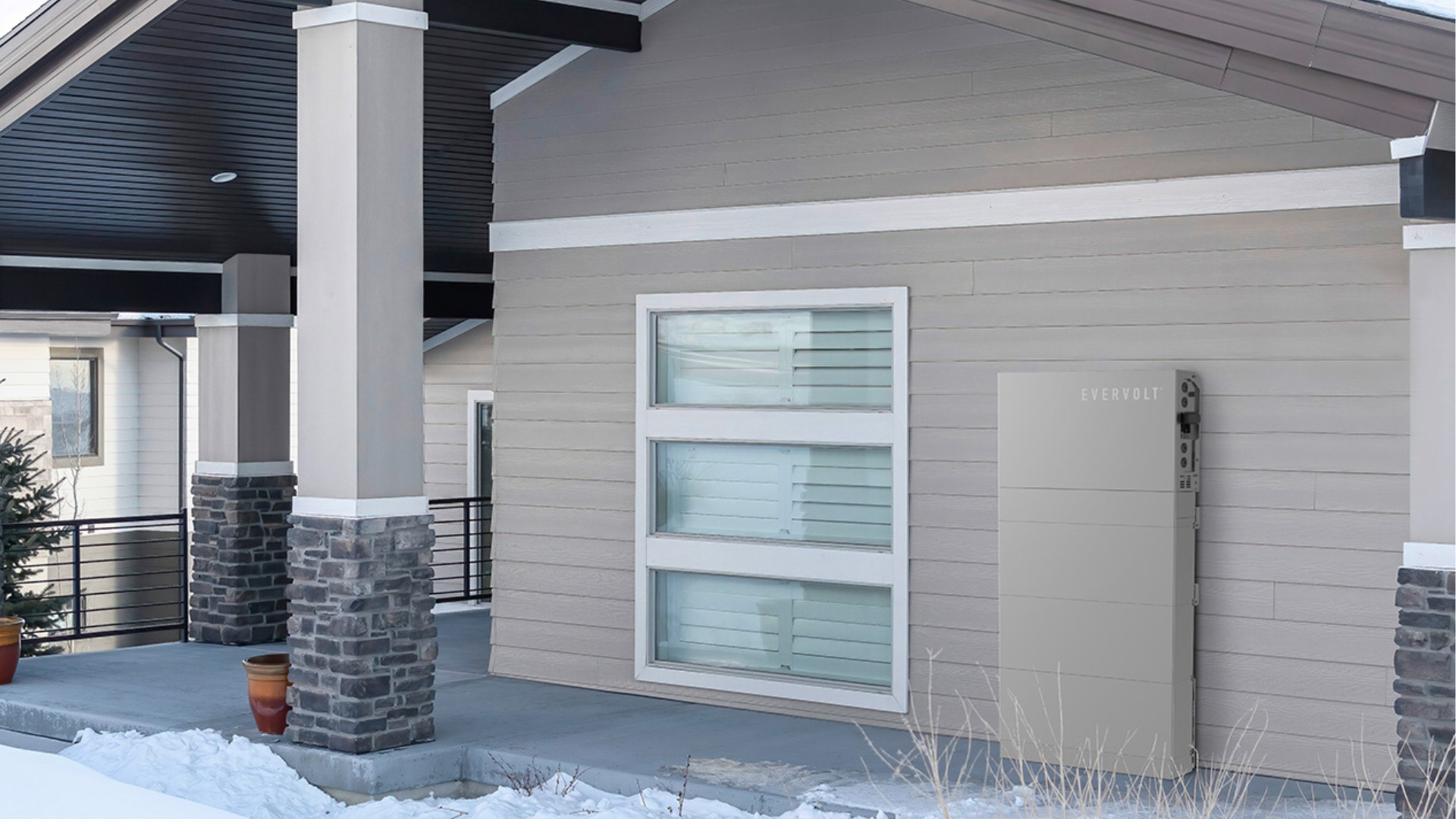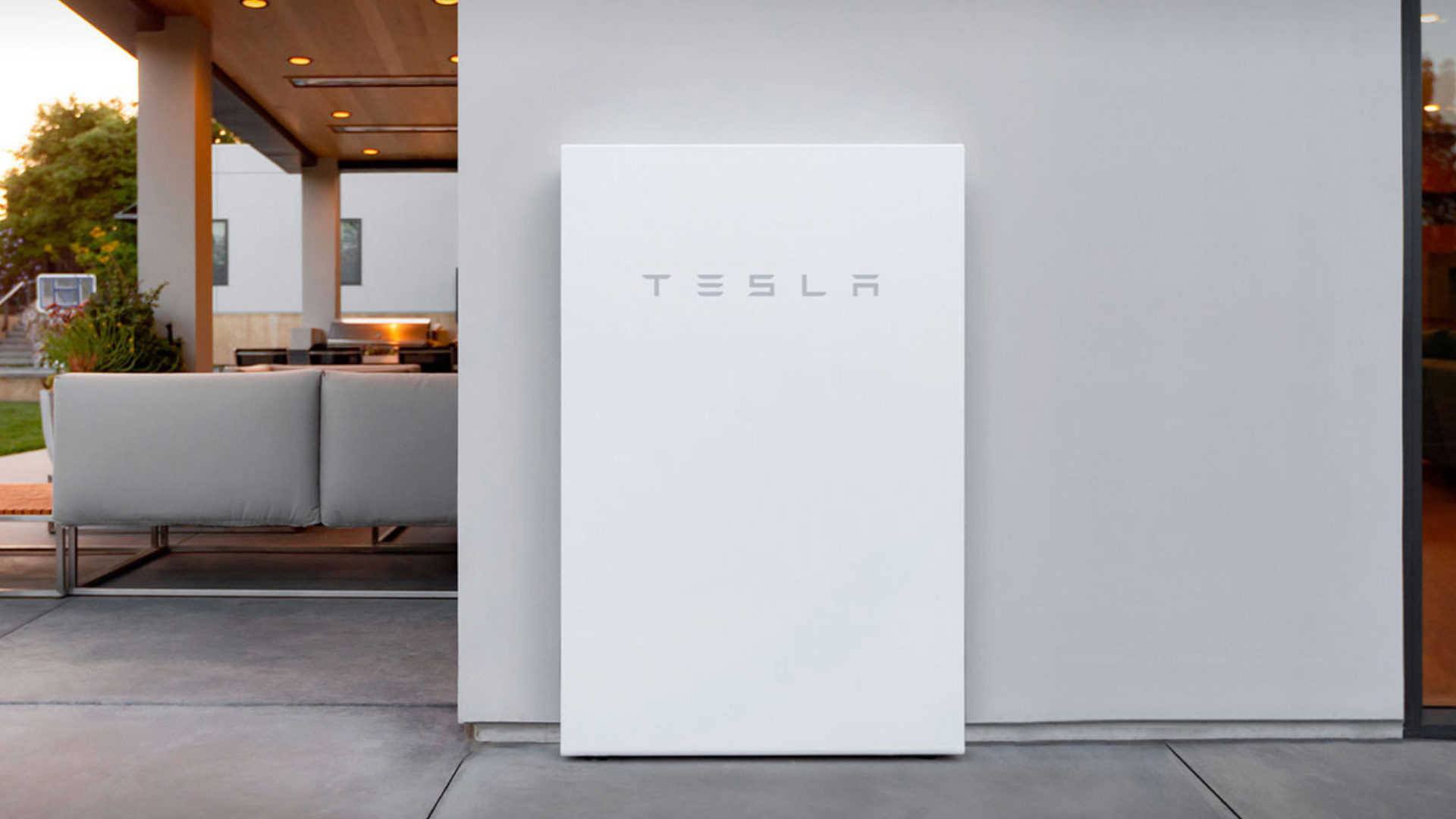Many homes and businesses in the U.S. are switching from traditional energy sources to solar power for its many advantages such as reliability, eco-friendliness, and affordability. If you’re considering going solar, it’s a good idea to add a reliable battery system to maximize the value of the energy your panels produce and ensure an uninterrupted power supply.
When choosing batteries, you’re likely to come across two options: self-consumption batteries and backup batteries. Keep reading to find out more about how the two compare, and which is the best option for your home solar system.
Self-Consumption Batteries vs. Backup Batteries
Self-consumption batteries, also known as consumption-only batteries, store excess energy generated during sunny days and make it available for consumption when the sun goes down or during cloudy days. This allows you to optimize the solar energy generated by your panels.
Backup batteries do the same, however, they are also connected to your local power grid and are wired to provide backup power to your critical appliances in the event of a grid outage. Though they each work differently, both self-consumption and backup batteries can help you save on your electricity bill and provide your home with a consistent power supply.
Purpose
The purpose of self-consumption and backup batteries is largely the same: keep uninterrupted power to your home in the event of outages, bad weather, or any time when your panels aren’t actively generating energy (like nights and overcast days).
The difference is that backup batteries are connected to the power grid, which means any excess solar generated by your system can be sold back to your utility provider through net metering. Self-consumption batteries aren’t connected to the grid — instead, they keep any excess energy contained for later use.
If your state has favorable net metering policies that buy excess solar at retail rates, backup batteries can be a good option for offsetting your energy costs. But if your state has poor net metering rates, you’ll save more with a self-consumption battery that’s disconnected from the grid and independent of net metering rate changes.
Sizing and Capacity
Self-consumption batteries come in various capacities and sizes. When choosing one, the main thing to consider is your energy consumption patterns and the surplus energy your solar panels generate. Backup batteries are sized depending on the amount of power they can provide for a specific outage period. This typically means you’ll need a larger battery with a bigger capacity if you opt for a backup instead of self-consumption.
Benefits of Self-Consumption Batteries
Solar energy users with self-consumption batteries can enjoy the following benefits:
Reduced Electricity Costs
Backup batteries have been a popular choice because of benefits like net metering, which allows you to partly offset your electricity bill with the excess energy generated from your solar panels. Unfortunately, in many US states, you can’t get full retail value for your excess solar, which means you’ll miss out on significant savings.
In these cases, it’s more beneficial to maximize the energy you generate by using self-consumption batteries instead of backups. This allows you to fully rely on solar, drastically reducing your electricity bills — or even eliminating them altogether.
Even if your state does offer full retail value for solar, be aware that it may not stay that way. For example, in California, a recent change in net metering policies has drastically lowered the value homeowners can get for their excess solar. A self-consumption battery can protect you from these changes.
Lower Cost, More Convenience
Self-consumption batteries are typically smaller than backup batteries, which makes them a more affordable choice. They also don’t involve complicated grid connections or configuration of backup loads for key appliances. If you value cost and convenience for your solar setup, self-consumption batteries are the way to go.
Eco-Friendly
Another advantage of self-consumption batteries is that they give you an opportunity to transition to clean energy to reduce air pollution and combat climate change. They eliminate the need for additional, often carbon-intensive, power generation systems such as fossil fuel generators, lowering greenhouse gas emissions.
Get a Self-Consumption Battery From Solar Optimum
Self-consumption batteries are your best bet if you’re looking to go green, cut electricity costs, and get full power and control of your energy source. Solar Optimum provides self-consumption battery solutions for new and existing solar systems. Contact us today for more information and request a free quote!
